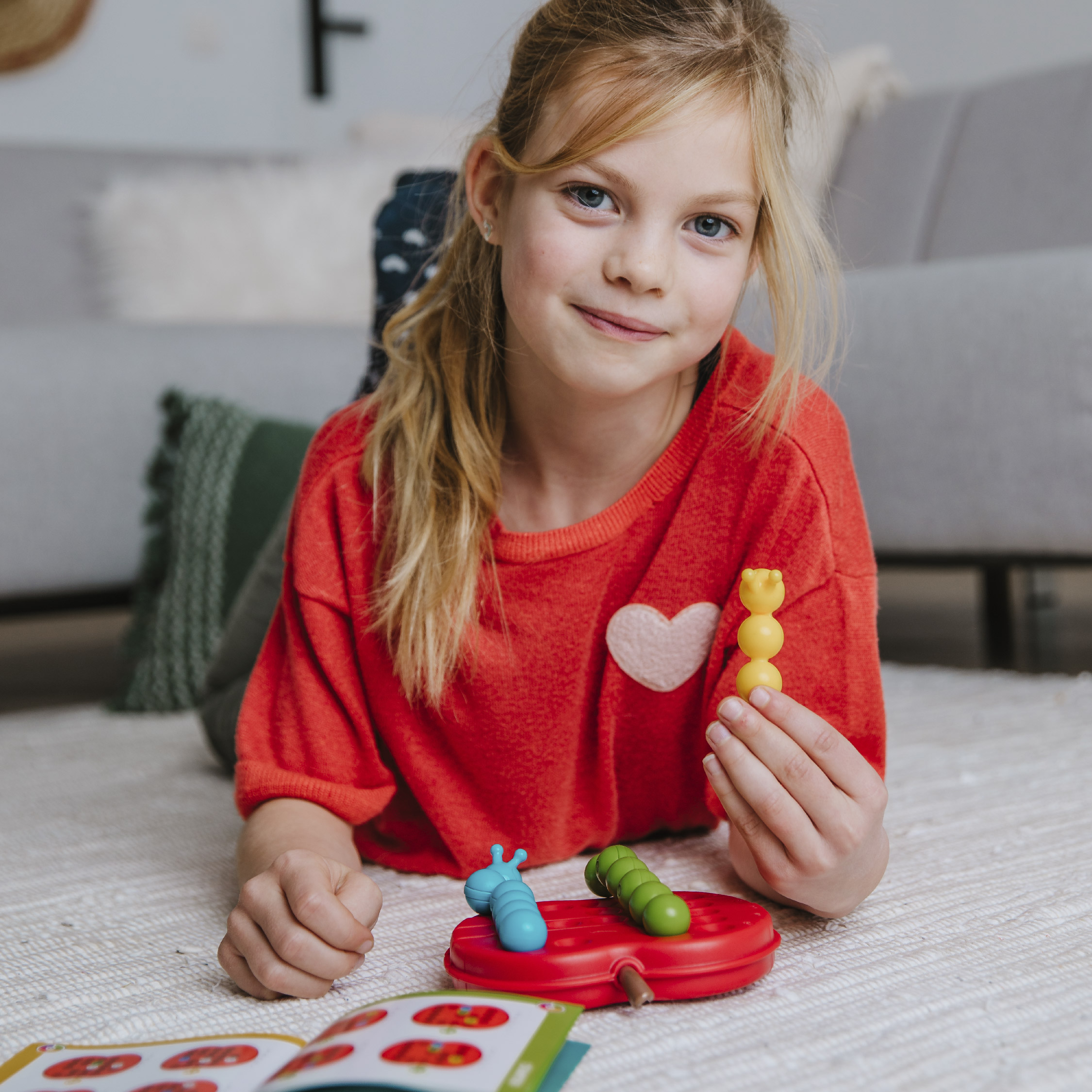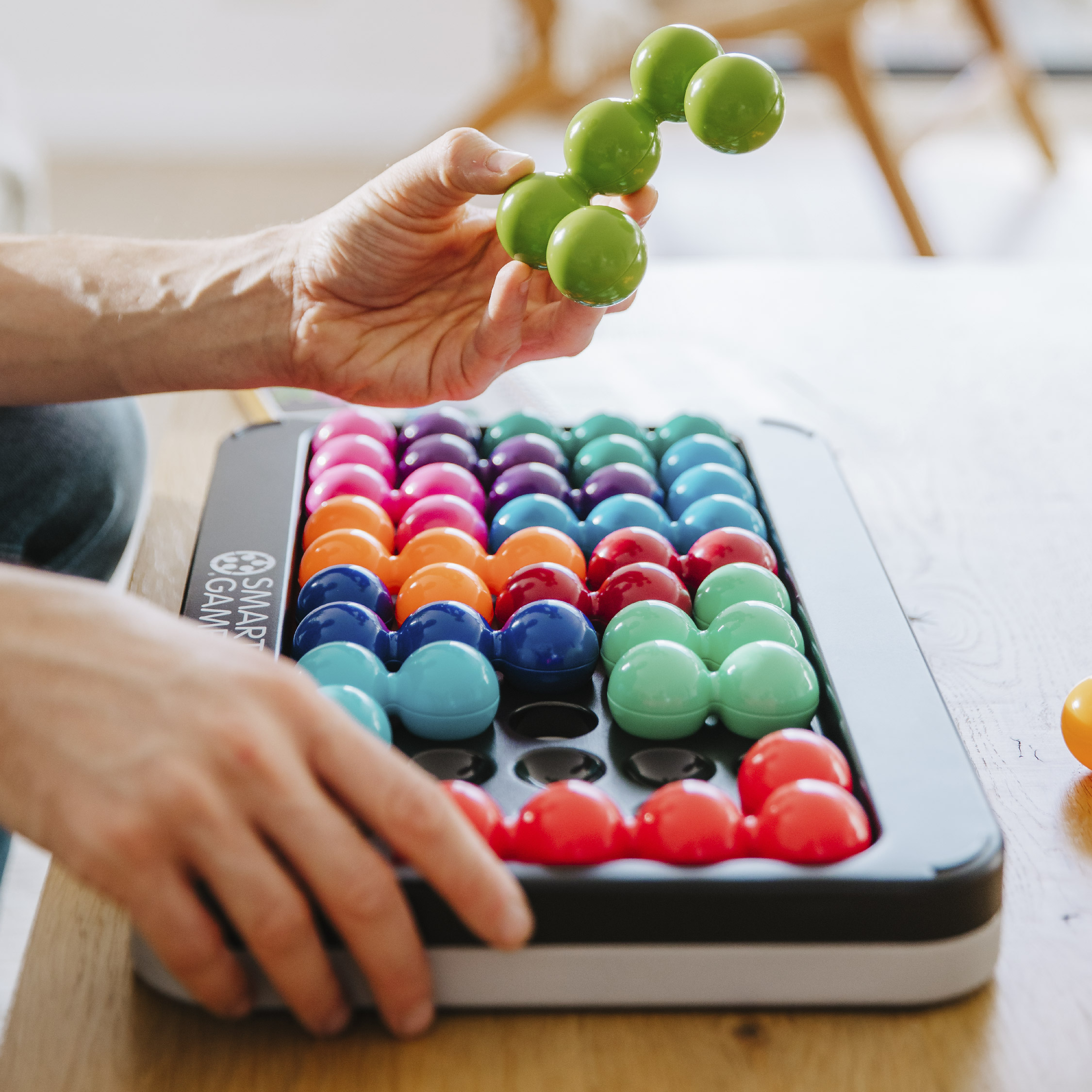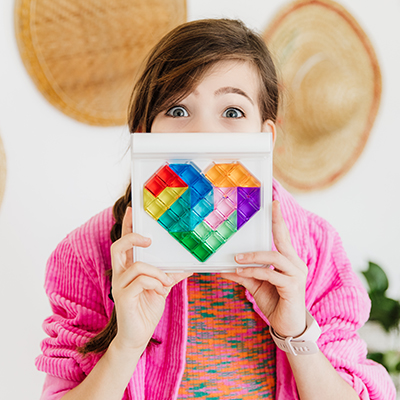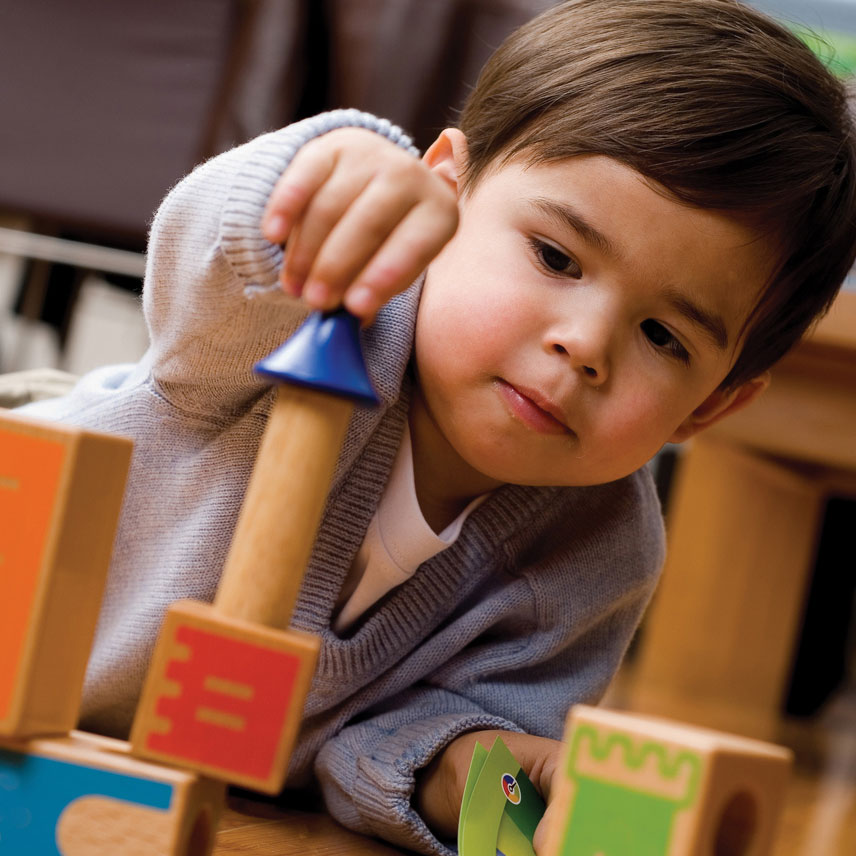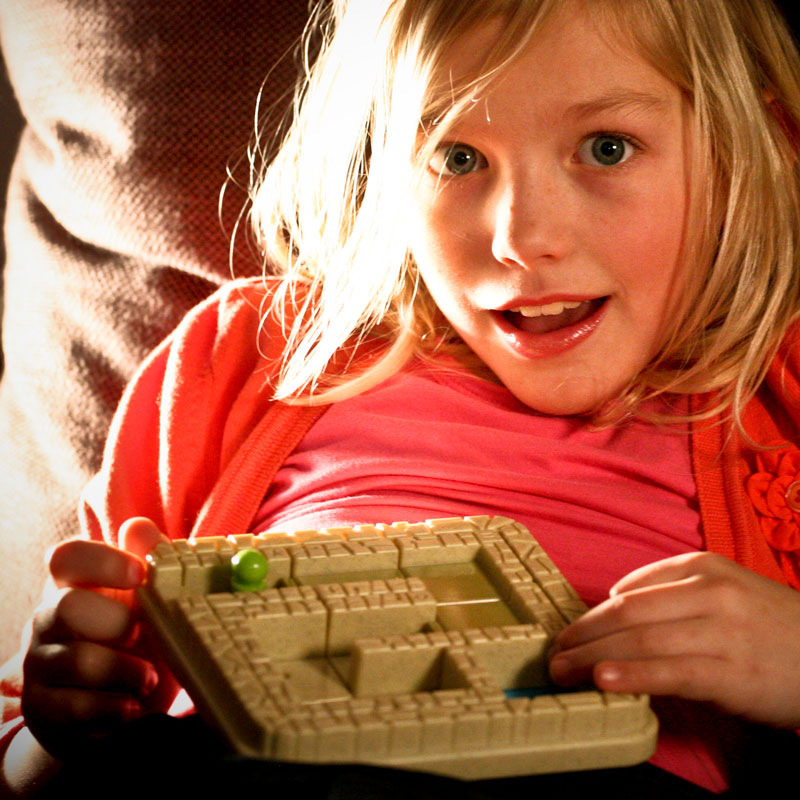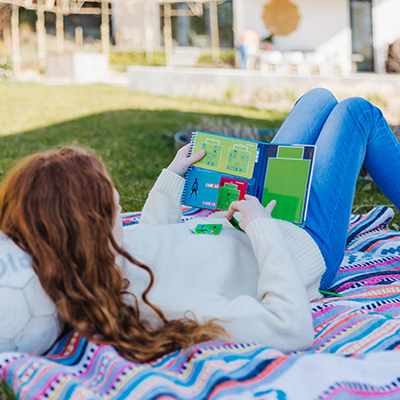Help, my child is gifted!
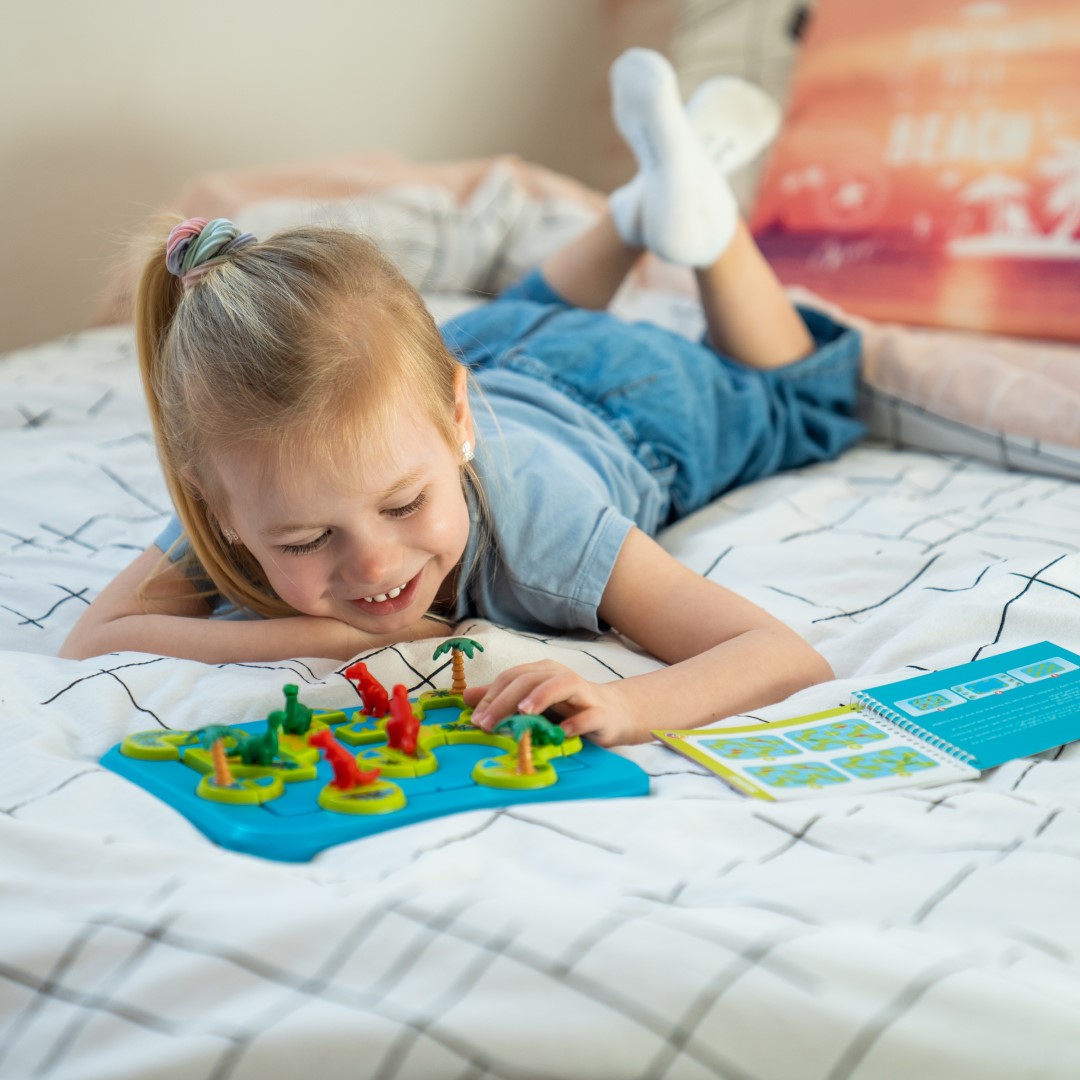
Help! My child is highly gifted! How do you mean, help? “Having a gifted child is great! They’ll have it easy in school!” That’s one of the most frequent reactions parents of highly intelligent kids receive when they (dare to) share that their child is gifted. Aaaah, the prejudices…
(Guest author: Kristel van Eijk, Hoogbegaafd de Podcast & Hoogbegaafd de Retreat)
What do you think when you hear the words ‘highly gifted’? Maybe you are thinking of a dorky little kid with glasses, computers, books, a mathematical genius, playing chess and piano, socially awkward… And we cannot blame you! That’s just the stereotypical image the media portrays.
But… Highly intelligent children are more than a walking high IQ. Having a high intelligence quotient is though the one thing that continuously comes back when defining being highly intelligent. When you have an IQ of 130 or higher, you are considered gifted. If your IQ succeeds 145, you are considered exceptionally gifted.
Nowadays, we fortunately know more on high intelligence than a couple of decades ago. We now know that asides a superfast brain, there is also an entire ‘way of being’ and characteristics involved. Gifted kids are usually perfectionists and set the bar (unnecessarily) high for themselves. They are critical thinkers, have a great sense of justice and are often super sensitive. This theory comes from Professor Dr. Tessa Kieboom from Extentra (Expertise centre of high intelligence, Belgium).
It's this way of being that makes SmartGames popular amongst gifted children! A social media poll by ‘Hoogbegaafd Podcast’, a podcast specialising around information on gifted children, showed that children take their SmartGames everywhere: during road- or train trips, when waiting at the doctor, … These games come as a standard with them on holiday. Most parents first discover these SmartGames via others, like the children’s physiotherapist, a teacher, via another parent or a high intelligence specialist. Because these games look a bit different from other games in the shop racks, they are easily spotted and are frequently gifted.
We also saw in the poll results that SmartGames are being used to fight boredom of highly intelligent kids. They finally have a game that challenges them cognitively and with which they are not immediately ‘done’. Next to that, it’s a great tool to learn to concentrate. A number of parents confessed that they secretly like to play these games as well (and we understand completely!).
Results from the poll showed insights on how professionals use SmartGames. A teacher answered the following on the question of how they use SmartGames: “We use them as enriching materials during maths lessons, for example. We give children a sheet to track their progress. We encourage them to continue to a certain level and not to switch SmartGames when challenges get tough.
Mirjam Najjar (Specialist high intelligence) of Meyis praktijk begaafdheid Meyis praktijk begaafdheid wrote: “these games do not only look attractive, moreover they stimulate problem-solving. The complexity degree builds up, and the games train different executive functions. These control functions of the brain are essential to achieve goal-directed behaviour. You really need to look closely, plan ahead and see what you have to take into account. Last but not least, I see that these games have a calming effect, kids become Zen for a moment and relax from a busy day full of stimuli. I personally put a lot of emphasis on the game process and give feedback on their perseverance, strategy and their ability to ask for help when they are stuck. It’s okay to ask for help.”
Conclusion: when you are in need of help with your gifted child, SmartGames are to the rescue!
About our guest author
Kristel van Eijk has been working in the Dutch media landscape since she was 19 and is currently full-time working as voice-over. Both Kristel and her oldest son are gifted. In search of more information, she started her popular podcasts on high intelligence: “Hoogbegaafd de Podcast” and “Hoogbegaafd de Retreat”. Follow her on Instagram: @hoogbegaafddepodcast.
Extra information:






